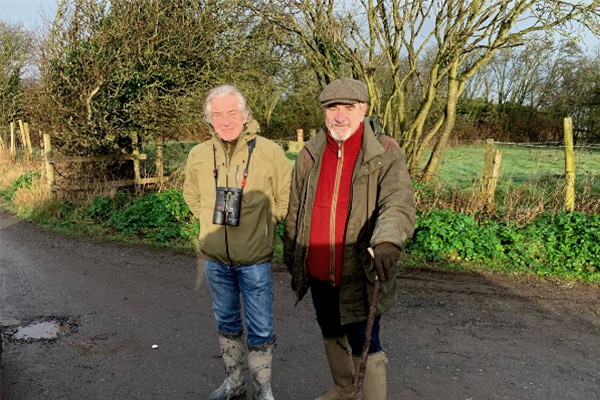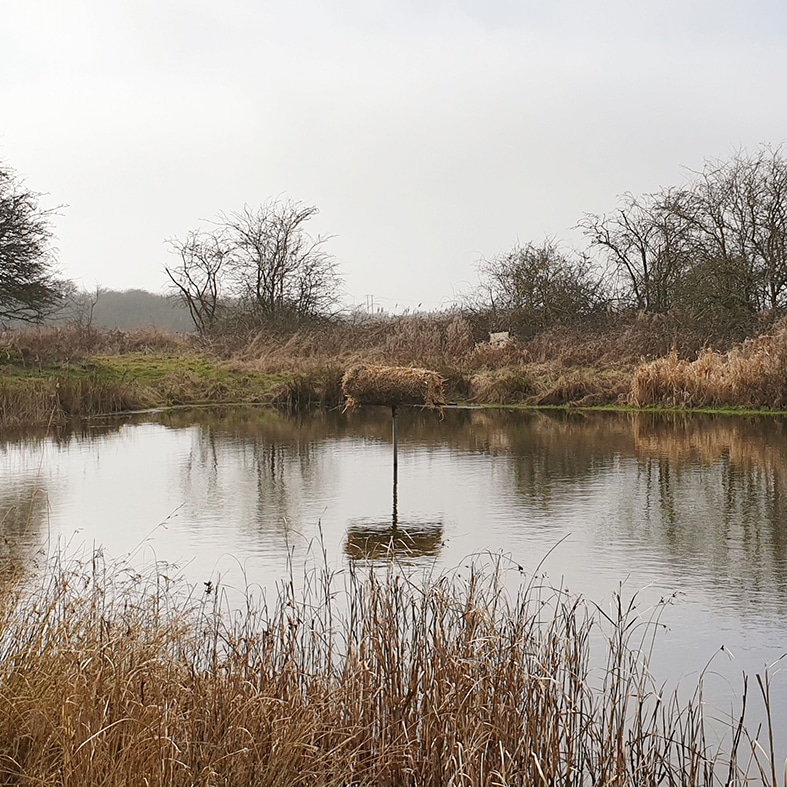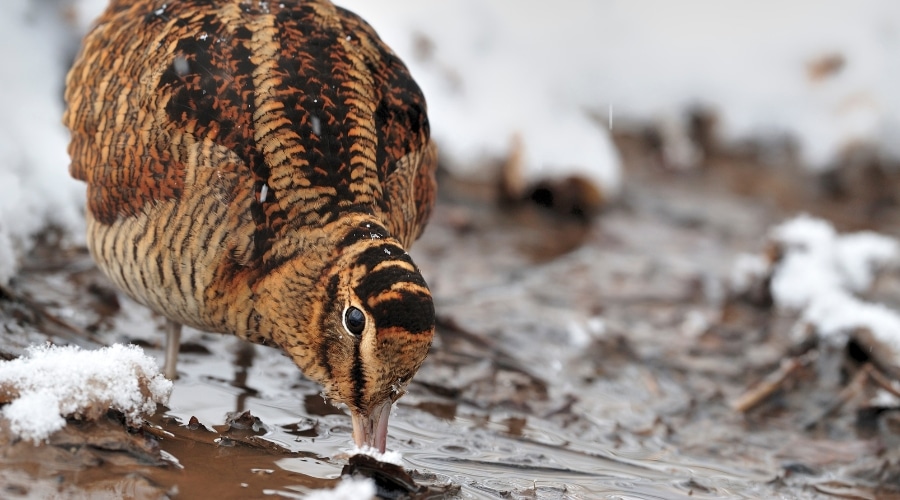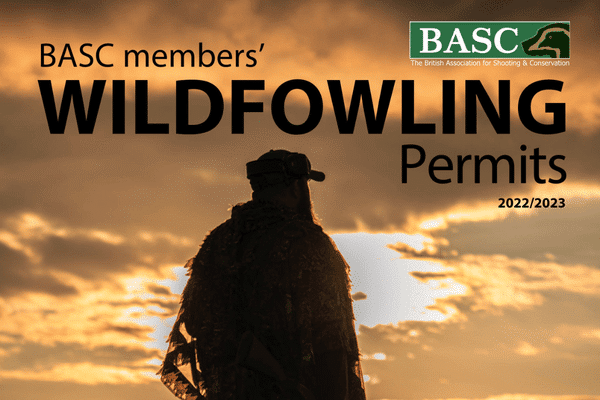
Tony Juniper experiences the conservation benefits of wildfowling
The Chair of Natural England joined members of BASC’s team on a visit to Lytham and District Wildfowling Association earlier this week.
Get information on the legal shooting season for mammals and birds in the UK.
Learn about our current conservation projects and how you can get involved.
Comprehensive information and advice from our specialist firearms team.
Everything you need to know about shotgun, rifle and airgun ammunition.
Find our up-to-date information, advice and links to government resources.
Everything you need to know on firearms law and licensing.
All the latest news and advice on general licences and how they affect you.


With mallard numbers in the UK declining and a flyway population showing a similar trend, wildfowlers across the country are using a simple but effective idea to improve the ducks’ breeding success.
Off-ground duck nest tubes were first trialled in England By Westmorland Wildfowlers Association (WWA), but the concept originates from America where Delta Waterfowl use them to great success.
Wildfowlers across the UK now use them over wetlands, marshes and ponds. The reason for their success is simple; mallard normally nest on the ground, where they are vulnerable to flooding and predation. But by placing nesting tubes on poles several feet off the ground, the eggs and ducklings are less at risk from rising waters and the narrow entrance of the tube keeps them safe from ground-based and aerial predators.
BASC is now urging anyone with suitable breeding grounds to join the nest tube scheme.
James Green, BASC’s head of wildfowling, said: “We are seeing an ever-increasing number of clubs and individuals across the country erecting duck tubes on their wetlands and ponds, which is a great start to the scheme.
“They are often not used in the first year but don’t be put off – many will be inhabited in years two and three, with some tubes even used twice in one nesting season.
“It’s incredible how these tubes offer so much protection from predators to the incubating female and her clutch of eggs. She can now get her clutch to duckling stage very successfully.”
It’s a delight to see your first tube occupied. The female will first make a nest bowl in the middle and begin laying eggs in the tube over the space of a week or two. She’ll then start incubating and you’ll see her sat tightly in the nest tube.
All nest tubes must be annually maintained and BASC recommend they get re-stuffed with hay in February, just after the wildfowling season has finished. You should remove any shell fragments or dud eggs from the previous year at the same time.
Work like this can be extremely rewarding and it clearly demonstrates the shooting community’s commitment to conservation.


The Chair of Natural England joined members of BASC’s team on a visit to Lytham and District Wildfowling Association earlier this week.

A debate held in Parliament yesterday on the shooting season for woodcock saw MPs push back on claims made under a petition instigated by Wild Justice.

Whether you are a newcomer or an experienced wildfowler the new 2022/23 wildfowling permit scheme has plenty of opportunities for you.
Sign up to our weekly newsletter and get all the latest updates straight to your inbox.
© 2023 British Association for Shooting and Conservation. Registered Office: Marford Mill, Rossett, Wrexham, LL12 0HL – Registered Society No: 28488R. BASC is a trading name of the British Association for Shooting and Conservation Limited which is authorised and regulated by the Financial Conduct Authority (FCA) under firm reference number 311937.
If you have any questions or complaints about your BASC membership insurance cover, please email us. More information about resolving complaints can be found on the FCA website or on the EU ODR platform.
This website uses cookies so that we can provide you with the best user experience possible. Cookie information is stored in your browser and performs functions such as recognising you when you return to our website and helping our team to understand which sections of the website you find most interesting and useful.
Strictly Necessary Cookie should be enabled at all times so that we can save your preferences for cookie settings.
If you disable this cookie, we will not be able to save your preferences. This means that every time you visit this website you will need to enable or disable cookies again.
This website uses Google Analytics to collect anonymous information such as the number of visitors to the site, and the most popular pages.
Keeping this cookie enabled helps us to improve our website.
Please enable Strictly Necessary Cookies first so that we can save your preferences!
More information about our Cookie Policy